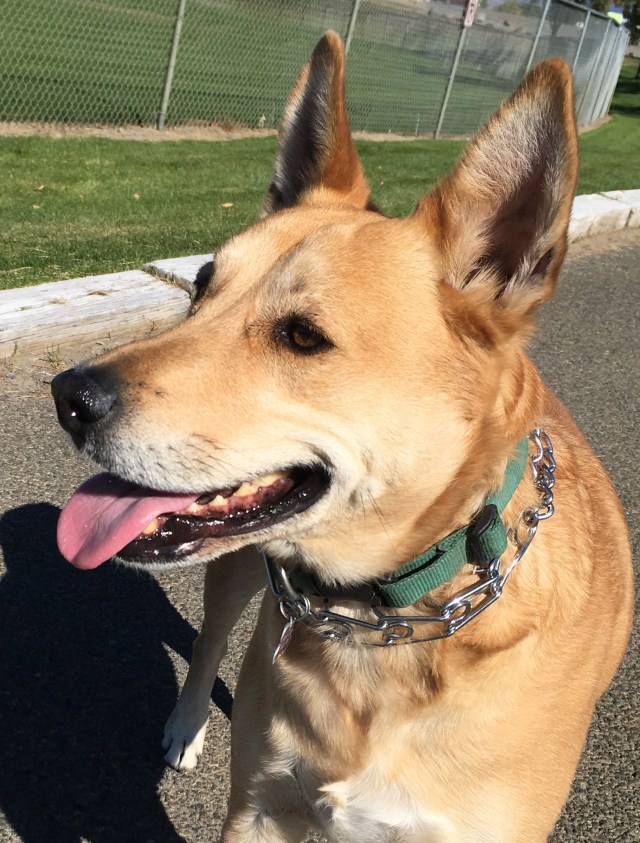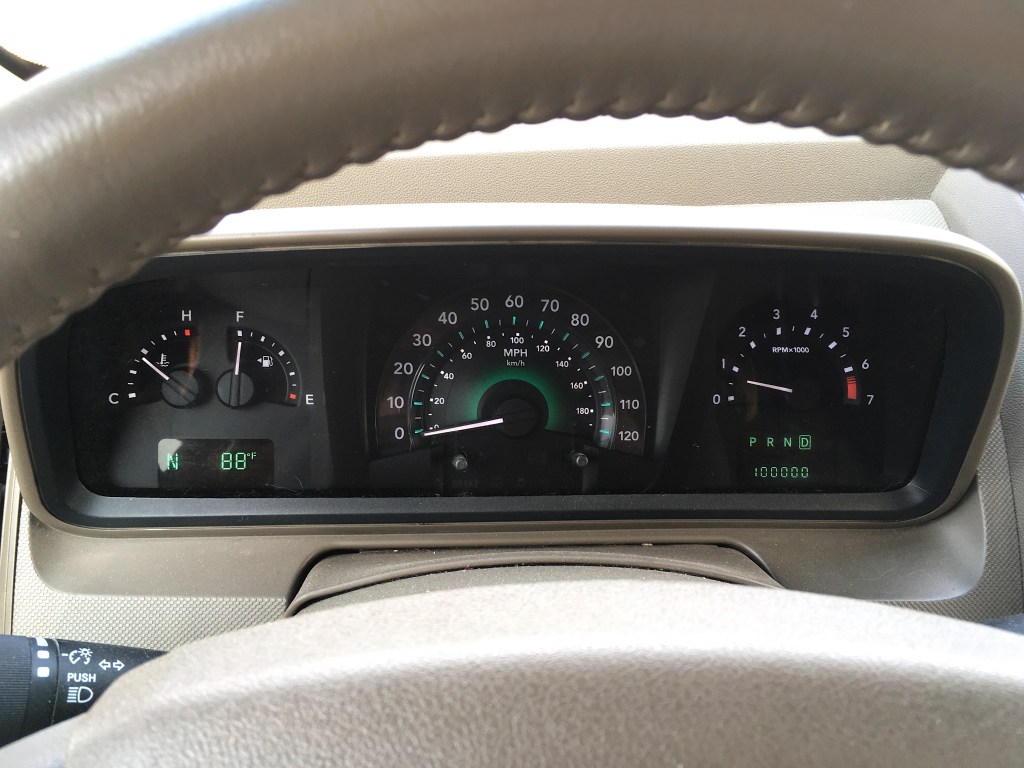Tuesday, according to my plan, would be a day of quiet, solitary remembrance. Then life interrupted.
A year ago, on September 26, 2020, my longtime friend, Mary Lou — more intimately known as Lou, quietly passed into her next realm of existence. She’d been a partner in music and adventure, my confessor, stalwart supporter, and exemplar of life well-lived.
As we do every morning, my dog and I greeted Tuesday by heading outside to the patio to stretch and survey life on the river. A great blue heron that had been stalking fish from the riverbank quietly lifted itself into flight. The day before it had squawked at me angrily for interrupting and flew upriver in a huff. This day it changed direction, gliding downriver, a weightless soul in the air, an invocation for this sacred day.
Thus ended my solitude and silence. The first phone call came from a friend whose widowed father had suffered two TIAs (“mini” strokes). She’s confronting the multitude of what-next questions that comes with aging parents. She doesn’t need me to tell her what to do, but she did need an ear willing to listen as she ponders her options.
Ensuing calls were less critical. The fellow who was scheduled to come last week to wash windows and didn’t show up wants to come next week. Whenever, I said. The fellow who was supposed to come last week to finish putting heat tape in my gutters and didn’t show up wanted to come Wednesday. Fine, I said. The soonest the optometrist can see me is January 13, 2022. Great, I sighed.

I put my phone in my pocket and slipped into Lou’s sweater jacket. It’s a multi-colored, heavy knit, perfect for walking in autumn. She’d loved it, and her husband insisted I inherit it. I could feel the warmth of her hug through the sleeves of the sweater as the dog and I walked through the park. The trees that had been wearing a brilliant display of gold were now shedding their leaves with the insouciance of a rich woman dropping her jewelry onto the dressing table.
It was a day for homemade soup, but the black beans and rice concoction I had simmering on the stove tasted flat. I reached for “Slap Ya Mama.” Lou, a southerner from soul to drawl, introduced me to this zesty spice mixture on my first visit to New Orleans. She was, as usual, ahead of her time. It’s now available at supermarkets nationwide.
Two more phone calls. Both from fellow widows — one a few years in, the other less than a year — both, like me, figuring out where we are in life, simply wanting to chat.
Finally, a brief visit from my neighbor and his sister to discuss the music I’m to provide for their father’s memorial service on Sunday.
By now it was past dark. I was remembering Lou’s final weeks. No matter how exhausted she was, she refused to turn away visitors. “Hey, how are ya doin’?” she’d call out cheerfully when they were barely through the door. She’d somehow muster energy her body didn’t have to chat, counsel and console.
I thought about how she’d woven herself into the in-between spaces of a day I’d intended to be all about her. And I knew. Mary Lou wouldn’t have had it any other way.





You must be logged in to post a comment.